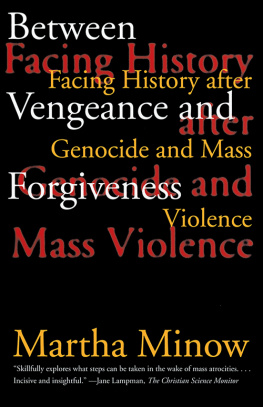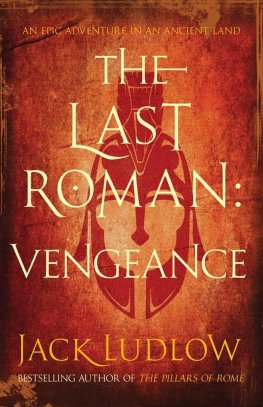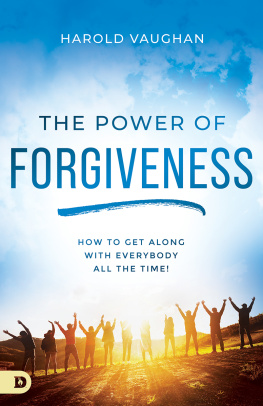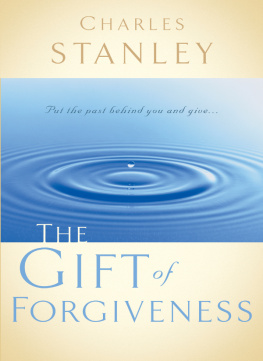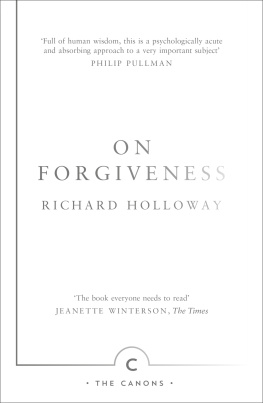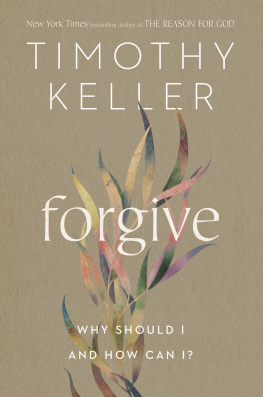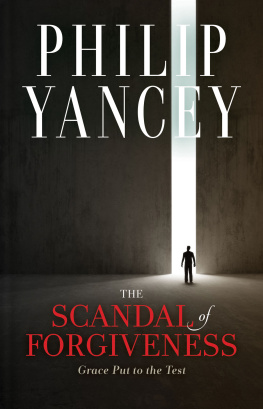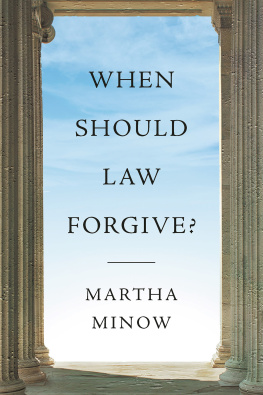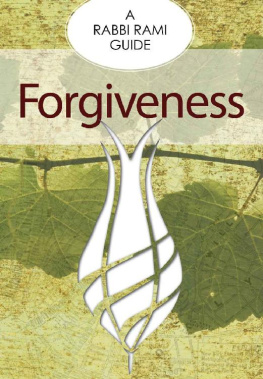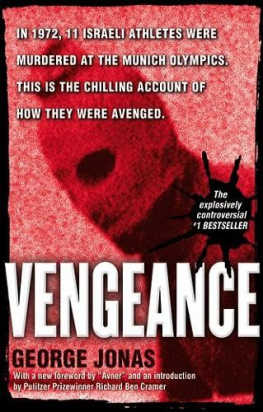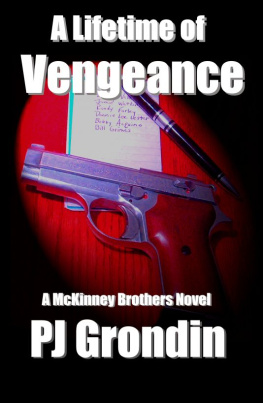Minow - Between Vengeance and Forgiveness
Here you can read online Minow - Between Vengeance and Forgiveness full text of the book (entire story) in english for free. Download pdf and epub, get meaning, cover and reviews about this ebook. year: 1998, publisher: Penguin Random House LLC (Publisher Services), genre: Politics. Description of the work, (preface) as well as reviews are available. Best literature library LitArk.com created for fans of good reading and offers a wide selection of genres:
Romance novel
Science fiction
Adventure
Detective
Science
History
Home and family
Prose
Art
Politics
Computer
Non-fiction
Religion
Business
Children
Humor
Choose a favorite category and find really read worthwhile books. Enjoy immersion in the world of imagination, feel the emotions of the characters or learn something new for yourself, make an fascinating discovery.
Between Vengeance and Forgiveness: summary, description and annotation
We offer to read an annotation, description, summary or preface (depends on what the author of the book "Between Vengeance and Forgiveness" wrote himself). If you haven't found the necessary information about the book — write in the comments, we will try to find it.
Minow: author's other books
Who wrote Between Vengeance and Forgiveness? Find out the surname, the name of the author of the book and a list of all author's works by series.
Between Vengeance and Forgiveness — read online for free the complete book (whole text) full work
Below is the text of the book, divided by pages. System saving the place of the last page read, allows you to conveniently read the book "Between Vengeance and Forgiveness" online for free, without having to search again every time where you left off. Put a bookmark, and you can go to the page where you finished reading at any time.
Font size:
Interval:
Bookmark:


For Margot Stern Strom
Since 19911 have been at the cutting edge of investigations into massive violencein South Africa, the former Yugoslavia, and Rwanda. What has struck me again and again are the similarities in the manner in which perpetrators, victims, and bystanders react to massive human rights abuses. The callous manner in which innocent people are murdered, raped, and tortured. The shallow excuses produced by the perpetrators for such brutality; the calls for justice by the victims; the pleas of ignorance by bystanders. The above situations are universal and through this one must recognize that any people anywhere have the potential for evil on a massive scale, and that all victims, whoever they may be, need the opportunity to heal. No continent, no region, and no people are immune from it.
In this book Professor Minow examines in impressive detail the choices facing societies which emerge from a period of mass violence. She draws widely from the experience of nations in Latin America, Europe, and Africa. Her inspiration came from a conference which explored this subject. It was organized by Facing History and Ourselves, the Boston-based organization which produces educational programs aimed at teaching young people how to respond to violence and how to understand the Holocaust and other genocides.
It should be recognized that in a perfect society victims are entitled to full justice, namely trial of the perpetrator and, if found guilty, adequate punishment. That ideal is not possible in the aftermath of massive violence. There are simply too many victims and too many perpetrators. Even the most sophisticated criminal justice system would be completely overwhelmed. It is for this reason that such societies have to find other solutions. Some countries simply forget the past and attempt to induce a national amnesia in its people. Of course that is bound to failthe victims do not, indeed cannot, forget. And their unanswered calls for retribution develop into hate and invariably that hate is directed collectively at the group from which the perpetrators came. In the former Yugoslavia and Rwanda the hate induced in that way provided the tool which evil leaders used to induce those under their power to commit genocide, crimes against humanity, and other gross violations of human rights.
In other countries wiser leaders recognized that in order to lay a foundation for an enduring peace, measures had to be taken to manage the past. It was acknowledged that history has to be recorded, calls for justice have to be heeded, and perpetrators have to be called to account. As Professor Minow shows us, it is dangerous to generalize or to offer armchair advice. There is no recipe for all such situations. In most cases the choices will be limited by political, military, and economic conditions. And, whatever solution is chosen, the results will be mixed. As she puts it: There are no tidy endings following mass atrocity. That should not on any account be used as a reason to do nothing. I would suggest that the forms of response considered in this work are not necessarily exclusive or contradictory. In South Africa, the Truth and Reconciliation Commission legislation has not prevented some of the apartheid perpetrators from being prosecuted. In Bosnia and Herzegovina, if the people of that country desire it, there is much to be said for a nonamnesty type of truth commission to be established to complement the work of the United Nations War Crimes Tribunal. In Rwanda, too, serious consideration is being given to the setting up of a truth commission and there may be no other sensible way to manage the number of people awaiting trial in unacceptable prison conditions. Certainly in that brutally torn and damaged country imaginative solutions will have to be found if it is to recover from its most recent and bloodiest experience of murder, rape, and expulsion. I have no doubt that the present policy of publicly executing convicted perpetrators will be interpreted by many Rwandans as acts of simple revenge and will not bring enduring peace and reconciliation to that country. That those executed were not given fair trials only serves to exacerbate the situation. The government of Rwanda has a massive problem in consequence of a genocide in which over ten percent of its people were murdered in the short span of three months. That it is frustrated at the slow pace of trials in the International Tribunal is understandable. In no way, however, is it justified in subjecting its people, regardless of perceived public support, to this kind of barbarity. And, in no way should it preclude the international community from condemning that policy.
There are many obvious problems attached to criminal prosecutions in the face of such massive atrocities. Professor Minow, with insight, refers to the difficulties arising from selective prosecutions and how this can undermine perceptions of fairness. As I write this foreword, the chief prosecutor of the Yugoslavia Tribunal has announced the withdrawal of indictments against fourteen of those indicted by the Tribunal. As Martha Minow states: This decision was taken in an attempt to balance the available resources within the Tribunal and in recognition of the need to prosecute cases fairly and expeditiously. One can only sympathize with Justice Arbour who is faced with a growing number of defendants who are all entitled to a trial within a reasonable time. At the same time, the effect of withdrawing the indictments is tantamount to the grant of an amnesty notwithstanding her warning that they may one day be reindicted. I cannot but have regard to the effect this decision must have on the many victims of the atrocities with which those indicted stood accused. I wonder whether arrangements could not have been made for their trial by national courts in Bosnia or in another European country.
Victims are too frequently neglected. They are seldom if ever on the agenda of the politicians or the military. If they were, it would not have taken eighteen months for a chief prosecutor to have been appointed to the Yugoslavia Tribunal by the UN Security Council and the well-armed NATO troops to have been ordered to arrest Karadzic and Mladic as a priority to follow swiftly the arrest of the others indicted by the Tribunal.
A word on the South African Truth and Reconciliation Commission. I must confess to have been a supporter of that institution from the beginning and to have been involved in discussions which led to its establishment. Its success has exceeded by far my expectations. It had the potential for failing abysmally. It could have been ignored. The opposite is the reality. Over 7,000 applications for amnesty. Submissions and evidence from over 20,000 victims. The evidence has stopped denials of the many serious human rights violations committed by the apartheid security forces.
One only has to imagine where South Africa would be today but for the Truth and Reconciliation Commission in order to appreciate what it has achieved. Few South Africans have been untouched by it. All sectors of its society have been forced to look at their own participation in apartheidthe business community, the legal, medical, and university communities. A substantial number of white South Africans, all of whom willingly or unwillingly benefited from this evil system, have experienced regret or shame or embarrassment.
I have not heard a black South African complain that the Truth and Reconciliation Commission has gone on too long or suggest that it should come to a premature end. On the other hand, I have heard many white South Africans complain that it is enough of opening wounds. To whose wounds, I have wondered, are they referring? Surely not their own. And, what makes them think that the wounds of the victims have healed? And yet, when I said this to the playwright Ariel Dorfman, he corrected me in his always gentle and wise manner. He pointed out that those white South Africans are also victims of apartheid. Their discomfort with the truth is a symptom of their shame and that, too, makes them victims. And that is the importance of Professor Minows pointing out that this discussion must include not only the perpetrators and the victims, but also the bystanders.
Font size:
Interval:
Bookmark:
Similar books «Between Vengeance and Forgiveness»
Look at similar books to Between Vengeance and Forgiveness. We have selected literature similar in name and meaning in the hope of providing readers with more options to find new, interesting, not yet read works.
Discussion, reviews of the book Between Vengeance and Forgiveness and just readers' own opinions. Leave your comments, write what you think about the work, its meaning or the main characters. Specify what exactly you liked and what you didn't like, and why you think so.

